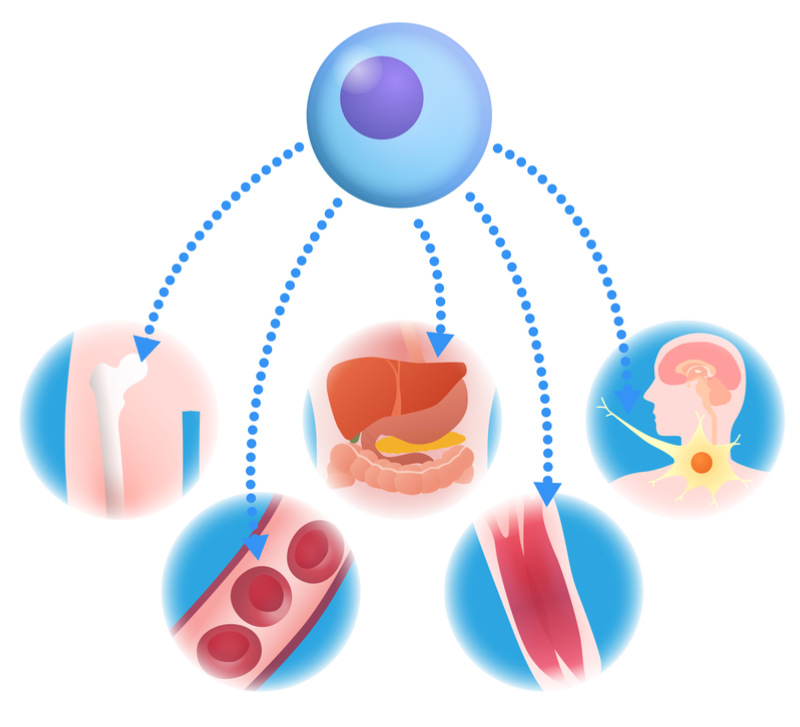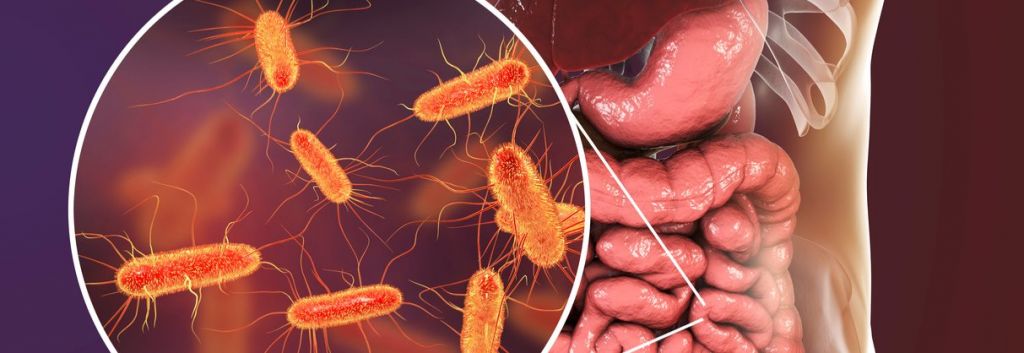Newsletter Signup - Under Article / In Page
"*" indicates required fields
MaaT Pharma, based in Lyon, has received authorization to launch a Phase II trial for its therapy, which targets the gut microbiota to treat complications from stem cell transplants.
MaaT Pharma will launch a Phase II trial for MaaT013, a therapy for treating acute graft-versus-host disease — a major complication of hematopoietic stem cell transplantation (HSCT) in which donor immune cells react against host tissues.
Current treatments rely heavily on corticosteroids but also include immunomodulatory procedures. However, they do not always work. MaaT Pharma is testing autologous and allogenic fecal microbiota transfer (FMT) — literally introducing healthy stool from a the patient or a donor, respectively, into a patient’s gut — to correct the imbalanced gut microbiota resulting from graft-versus-host disease.
Restoring the microbiome’s balance could boost patients’ immune systems and protect them against infections. While the exact mechanisms behind this are still being uncovered, research indicates that a balanced microbiome could help ward off harmful bacteria and keep beneficial ones around.

Indeed, MaaT Pharma has shown that having a high gut microbiome diversity can predict the survival of patients receiving HSCTs or who have graft-versus-host disease. While bench research shows the potential of FMT in treating aGvHD, there is no current treatment for it that uses FMT.
There are more biotechs trying different approaches to treating aGvHD. Another Lyon-based biotech, Elsalys Biotech, already has positive results from a Phase III trial a monoclonal antibody treatment for steroid-resistant graft-versus-host disease. However, the two therapies target graft-versus-host disease from very different routes.
HSCT is used to treat a wide range of conditions, including acute myeloid leukemia and Hodgkin’s lymphoma. Therefore, a treatment that effectively minimizes its major side effects could significantly improve the lives of patients receiving HSCTs.
Images by chombosan, Kateryna Kon/Shutterstock






